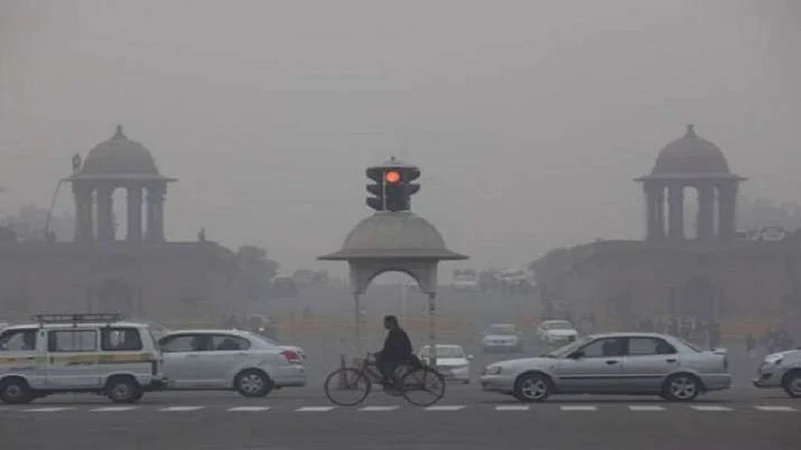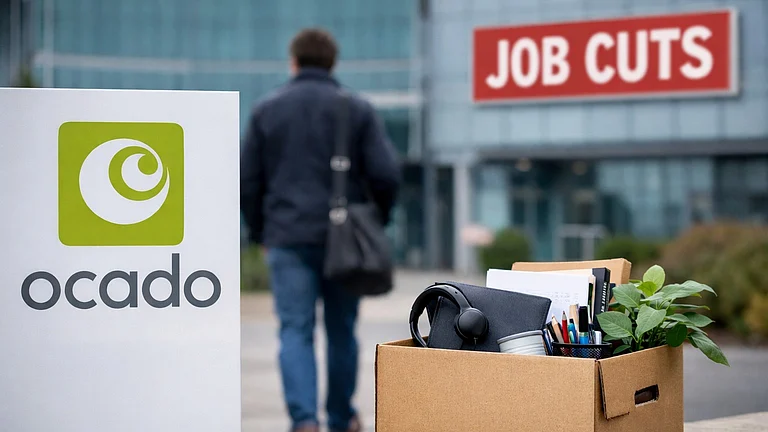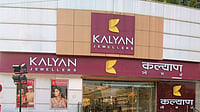Footfall at popular shopping, commercial and tourist places in Delhi dip by up to 33 per cent due to an increase in air pollution levels, a new study has shown.
Climate-tech start-up Blue Sky Analytics and data analytics firm Near studied the impact of high pollution levels on footfalls in New Delhi's popular shopping, commercial and tourist hubs – Karol Bagh, Lodhi Gardens and Connaught Place over a period of six months, from October 2019 to March 2020.
The period was further divided into weeks with 'Week 1' beginning October 1, 2019.
The researchers compared footfall trends to rising pollution levels with air quality data provided by Blue Sky Analytics which uses machine learning and combines real-time ground observations from more than 250 Central Pollution Control Board air quality sensors with near real-time satellite data to provide a continuous Spatio-temporal map for PM2.5 and PM10.
In Connaught Place, one of the main commercial, financial and business centres in New Delhi, footfall dropped from around 17,000 a day to 14,000 a day between week 10 and week 14 when PM2.5 concentration rose to a high of 336 micrograms per cubic metre.
In the densely populated Karol Bagh, a residential and commercial area and a popular weekend destination for locals and tourists alike, consumer footfall dropped by a massive 33 per cent in response to pollution levels increasing by 25 per cent in week five (early November).
"The PM levels rose to 443 micrograms per cubic metre during week five and this could also have caused consumers to decide against travel," the report read.
It underlined that Karol Bagh received more footfall from the 45-plus age group, hence a dip in footfall due to an increase in pollution levels was more noticeable.
In Lodhi Gardens, a city park that offers over 90 acres of green walking space for local residents, footfall dipped from around 900 a day to around 700 a day from October end till mid-November, the study showed.
Chief Executive Officer, Blue Sky Analytics, Abhilasha Purwar said, “Through this report, we hope to put a spotlight on the impact pollution has on consumer behaviour, health and commercial activity.”
“We hope this study encourages both public and private governing bodies to strongly advocate the need for cleaner air and promote work on solutions to this crisis” Purwar added.
Shobhit Shukla, co-founder and president of Near, said, “With these insights, we hope to enable decision makers to take the right steps to better tackle the problem of air pollution while taking into consideration both social good as well as economic growth.”































